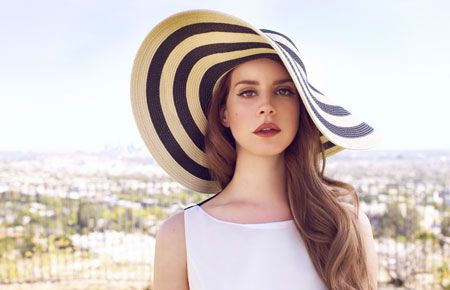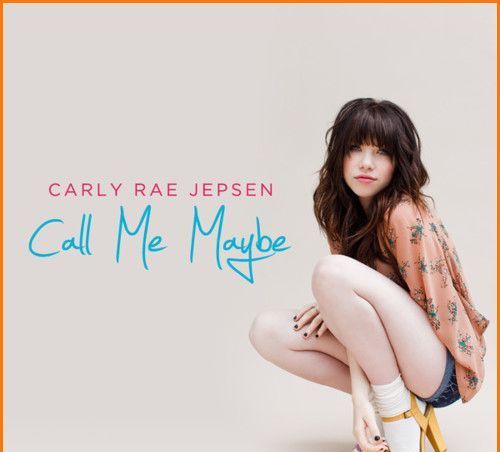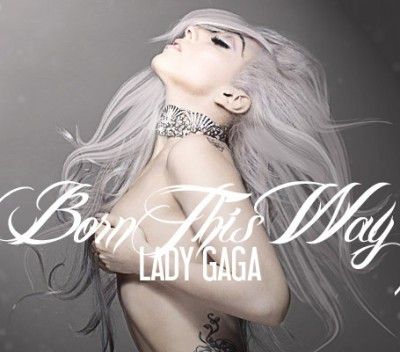拉娜·德蕾:我的音乐我做主
|
爱思英语编者按:“走自己的路,让别人去说吧!”——暗黑复古教主拉娜•德蕾用自己的音乐故事完美的诠释了这句励志名言。不论是之前的广受批评,还是现在的大红大紫,拉娜•德蕾都我行我素,用迷幻幽怨的天籁之声在音乐道路上越走越远!
The traditional sound of summer music is light-hearted beats and catchy melodies. But this summer, a retro and slightly dark album has emerged as an instant hit. Ultraviolence, Lana Del Rey’s latest and third album, sold 182,000 copies in the US during its first week (June 17 to 22), according to Nielsen SoundScan. It’s the largest album sale week for a female artist since Beyonce’s self-titled surprise album in December. It also became Del Rey’s first No 1 album on the Billboard 200 album chart. Just about two years ago, when the 28-year-old US singer released her major-label debut album Born to Die, everything about her was the target of critics: her hip-hop-inflected baroque-pop music style, her awkward live performances, her background, and even her physical appearance. As time went on and the outrage died down, somewhere in between the unexpected success of Summertime Sadness and the sweeping Great Gatsby theme Young & Beautiful last year, the people screaming “Lana Del Rey sucks” changed their tune. She was embraced — and even adored. Ultraviolence is very much a response to all of that. It seems that the storm has passed, and now, Del Rey has something to say. It’s an album filled with a deep rage and a strong sense of sarcasm. The hip-hop beats and yelps in the distance, which colored her debut and the follow-up EP Paradise, have gone. Instead, the songs are more structurally complex, muted by a lo-fi vintage rock haze — a “fuzz”, according to Del Rey herself. There are angry songs, such as Money, Power, Glory, mocking her imitators and knowingly feeding into her critics. There are also melancholic ones, for example, Shades of Cool and West Coast, in which she whines about her failed relationships, or describes the numbness of living in crowded and noisy cities. You have to give her credit for making a rather cohesive album that works better when listened to as a whole. But what I admire her for the most is that, with her current popularity, Del Rey could have continued to make more accessible music, like her previous works, and become a mainstream and marketable pop singer. Instead, she has chosen a different path, and created this world of her own – a dark, twisted, yet intriguing fantasy. |









